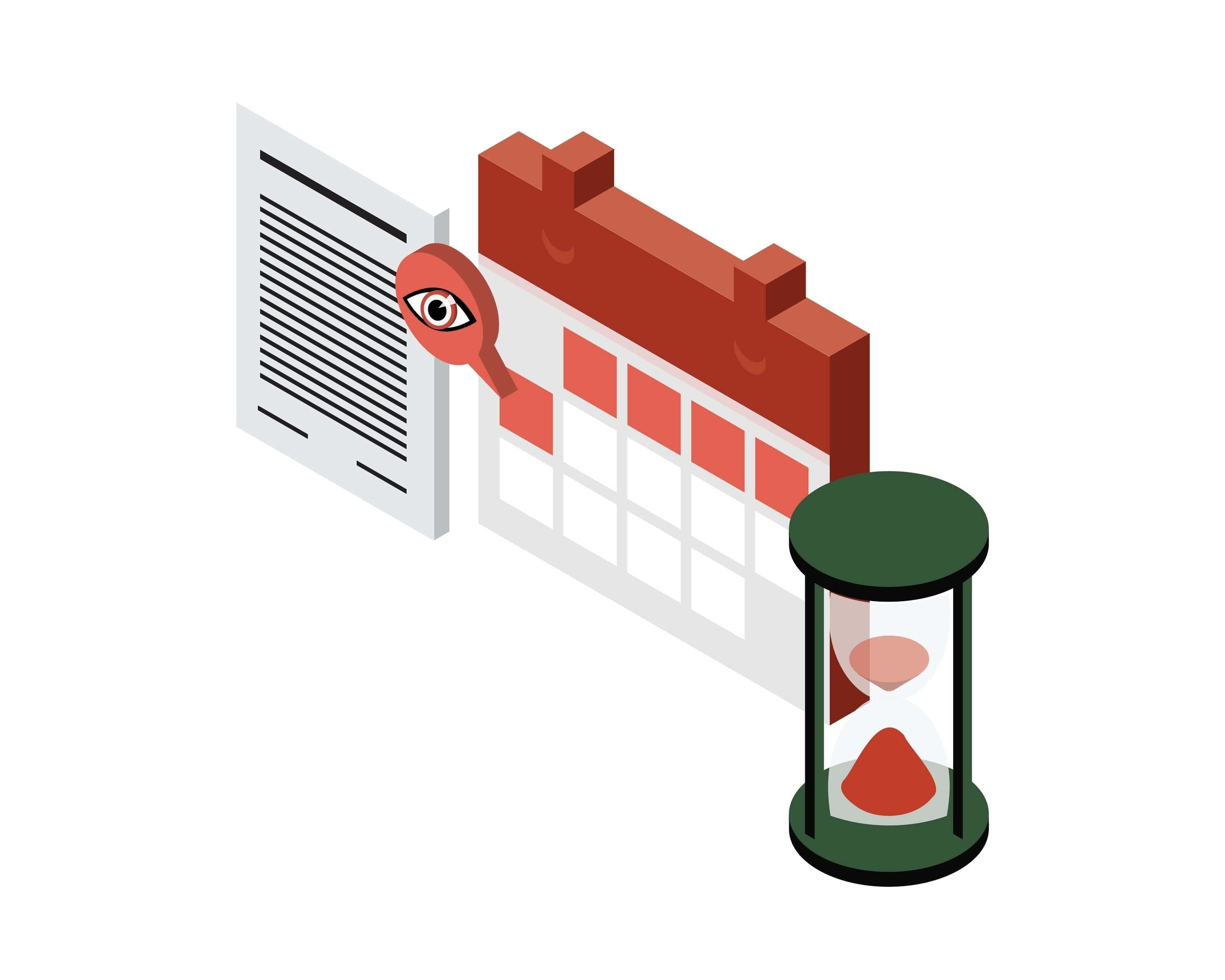Health insurance is a crucial aspect of financial planning and can help individuals safeguard themselves and their families against unexpected medical expenses. With the rising costs of healthcare, the importance of health insurance is also growing.
It not only covers hospitalisation expenses but also provides coverage for critical illnesses, daycare procedures, and OPD expenses. In addition, health insurance plans offer a range of wellness benefits, including preventive check-ups, and rewards for staying fit.
Types of Health Insurance Plans
Health insurance policies are designed to provide individuals with financial security and access to quality healthcare. Various types of health insurance policies are available in the market to cater to different healthcare needs.
- Individual Health Insurance - This policy covers an individual's medical expenses, including hospitalisation expenses, OPD expenses, and critical illnesses.
- Family Health Insurance - These health insurance plans cover the entire family's medical expenses, including spouses, children, and parents. It provides coverage for hospitalisation expenses, OPD expenses, and critical illnesses.
- Group Health Insurance - Employers provide this policy to their employees as a benefit. It covers the medical expenses of employees and their dependents.
- Senior Citizen Health Insurance - This policy is designed for individuals aged 60 and above. It provides coverage for medical expenses, including hospitalisation expenses, OPD expenses, and critical illnesses.
- Critical Illness Insurance - This policy covers critical illnesses like cancer, heart attack, and stroke. It provides a lump sum payment upon diagnosis of the illness, which can be used to cover medical and other expenses.
Why is health insurance important?
Health insurance is a crucial aspect of financial planning as it offers several benefits that can help individuals and families during medical emergencies. Here are some factors stating the importance of health insurance:-
- Financial protection - Health insurance protects against medical expenses that can overwhelm individuals and families during medical emergencies.
- Cashless treatment - Health insurance plans offer cashless treatment facilities in-network hospitals, eliminating the need for individuals to pay for their medical expenses upfront.
- Tax benefits - Health insurance premiums paid by individuals are tax-deductible under Section 80D of the Income Tax Act, providing additional tax savings.
- Wide coverage - Health insurance plans offer wide coverage, including hospitalisation expenses, doctor's fees, diagnostic tests, ambulance charges, and more.
- No-claim bonus - Health insurance plans offer a no-claim bonus for policyholders who do not make any claims during the policy term, which can help reduce the premium amount or increase the sum assured.
- Protection against critical illnesses - Health insurance plans cover critical illnesses, such as cancer, heart attack, and kidney failure, which require expensive treatments.
- Additional benefits - Some health insurance plans offer additional benefits such as maternity coverage, coverage for pre-existing illnesses, and wellness programs.
Through the utilisation of health insurance, individuals and their families can access high-quality medical treatment in cases of emergencies and chronic care requirements.
Factors to Consider While Choosing a Health Insurance Plan
The right health insurance policy ensures adequate coverage and protection during medical emergencies. Here are some tips to help you select a health insurance policy:
- Assess your healthcare needs - Evaluate your medical history, family medical history, and lifestyle to determine your healthcare needs. Choose a policy that covers your specific needs and provides adequate coverage.
- Choose the right type of policy - Different types of health insurance policies are available, such as individual policies, family floater policies, and critical illness policies. Choose the right type of policy based on your healthcare needs.
- Check the sum assured - The sum assured is the policy's maximum coverage. Choose a policy with an adequate sum to cover your medical expenses.
- Check the waiting period - Some health insurance policies have a waiting period before covering specific illnesses. Check the waiting period before choosing a policy.
- Check the network of hospitals - Ensure that the policy has a network of hospitals that are easily accessible to you. This will help you avail of the cashless claim facility and reduce the financial burden during medical emergencies.
- Compare policies - Compare the features, benefits, and premiums of different health insurance policies to select the one that best suits your requirements.
- Read the fine print - Read the policy document carefully to understand the policy's terms and conditions, exclusions, and limitations.
- Check the claim settlement ratio - Look for an insurance provider with a high claim settlement ratio. This indicates the provider's willingness to settle claims promptly and efficiently.
By following these tips, you can select the right health insurance policy that provides adequate coverage and protection during medical emergencies.
How to Make a Claim on a Health Insurance Plan
If you have a health insurance policy, you can claim the medical expenses incurred by following these steps:
- Inform the Insurance Company - Inform your insurance company about the hospitalisation or medical treatment immediately.
- Cashless Claim - If you are getting treatment at a network hospital, you can avail of the cashless claim facility. Submit the pre-authorisation form and medical documents to the hospital's insurance desk. The insurance company will verify and approve the claim within a few hours.
- Reimbursement Claim - If you are getting treatment at a non-network hospital or opting for a reimbursement claim, you must pay the hospital bill first. Fill out the claim form and attach the required documents.
- Follow-up - Follow up with the insurance company regularly to check the status of your claim. If there are any discrepancies in the claim form or documents, the insurance company may reject the claim.
- Claim Settlement - If the claim is approved, the insurance company will settle the claim amount either through cashless mode or by reimbursing the amount to your bank account.
Conclusion
In today's unpredictable world, having health insurance is of paramount importance as it provides individuals and families with financial security and access to quality healthcare during medical emergencies.
If you want to secure your family's financial future in the event of an unforeseen medical emergency, health insurance is a must-have. Aditya Birla Health Insurance (ABHI), understands the importance of health insurance and offers a range of services to help you and your loved ones stay protected.
Whether you're looking for comprehensive coverage, flexible payment options, or excellent customer service, we have got you covered. Visit our website to explore more about our services.






 1800-270-7000
1800-270-7000











